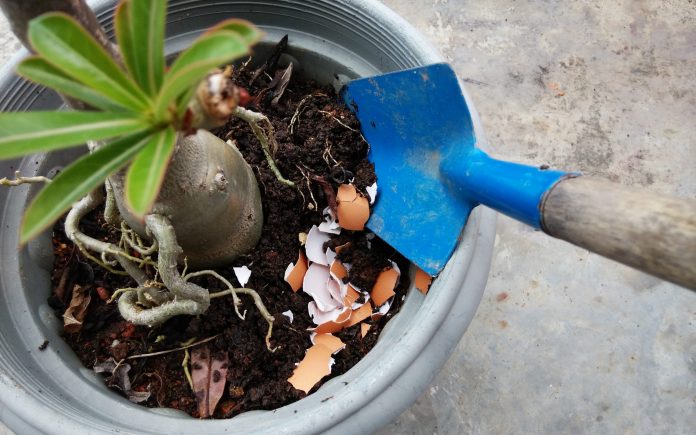
Orchids can actually live healthy with fertilizers, if you give it good care, which means adequate watering, exposing it to sufficient light and prune it the ideal way as needed. Fertilizers may be used if you aim to find a well constructed plant with stronger and healthful roots and more blossoms.
Organic Fertilizer
Since orchids need less fertilizer than any other crops, using a fertilizer should be applied with care. Always remember to use a well-diluted fertilizer combination when seeking to give extra feeding to your orchid. Over-fertilizing can really damage your orchid.
Three big chemical constituents of a fertilizer are nitrogen (N), phosphorous (P) and potassium (K= Kalium). Those three elements are often labeled as N-P-K and published as numbers on a commercial fertilizer label. These numbers represent the percentage of each element. A tagging of 20-20-20 for example, means that it comprises an equal content of 20 percent each. Other elements which are needed by a plant are calcium, sulfur and magnesium, which are available in lesser amounts.
Use These!
As there are lots of commercial fertilizers with several compositions, you may too create your own orchid fertilizer using some fresh kitchen stuff which may contain N-P-K such as eggshells, chicken bones, rice water, tea bags and milk.
Eggshells
These are viable sources of potassium and calcium and can be utilized as fertilizer. Don’t throw away eggshells, wash and gather them until you get 20 – 25 eggshells. Crush it with a mortar and let it boil in a gallon of water. Let it soak for around 8 hours. Filter out the eggshells and maintain the water in a container. You may use it to water your orchids on a weekly basis.
Chicken bones
Dried and crushed chicken bones are other fantastic kitchen stuff useful as potassium and calcium supply. Again, don’t throw off chicken bones, but wash them and spread them out in the sun to dry or dry them in an oven. Crush the dried bones completely and keep it in a jar. Sprinkle the dusty bones on the potting medium on a monthly basis.
Rice water
Rice water is a fantastic source of vitaminB in particular. What I mean by rice water is the water which is used to wash the rice before cooking in addition to the water where the rice is cooked. You can directly use it to water your orchid. But be certain you cool down the cooked water .
Tea
Tea contains non-toxic organic materials and is full of nitrogen that’s great for your orchids. Hence you may take advantage of teabags. Just open the teabag and pour the tea on the potting media once per month.
Milk
Milk may be the source of nourishment, thus offer high content of nitrogen. You may use a milk bottle or carton that has just been emptied. Fill it with water and shake it well so the milk residue will be diluted in water. Use this to water your orchid.
Fallen oak leaves
These are obviously a fantastic source for fertilizer. And as they’re completely natural, there isn’t any need to worry about the negative effects of chemical fertilizers. Collect dry leaves and set it in a 5 gallon container. Fill it with about 2 gallons of water. The portion should be 1/3 water and 2/3 of the leaves. Get it exposed to sun for about a week or until the water indicates an ice-tea color. If you could not get the ice-tea shade after a week, then pour it with warm water and let it cool down. You can then use it to water your orchid on a 2-week basis.
Potatoes
Potatoes are another practical source of potassium and calcium. Cut an unpeeled potato into small dices and let it boil for a couple of minutes. To provide more potassium, you may add fresh banana cuts to the skillet mixture and stir it well. Let it cool down and keep the mixture in jar. Add this mixture to the social media on a 2-week basis.
Epsom salt
It is a fantastic source of magnesium.
Conclusion
Well, that finishes some frequent homemade fertilizers that could be readily made available using a kitchen garbage. To those may be crap, but to our orchids it’s good treat assuming you aren’t overdoing this fertilizing stuff. So, happy orchid caring!





